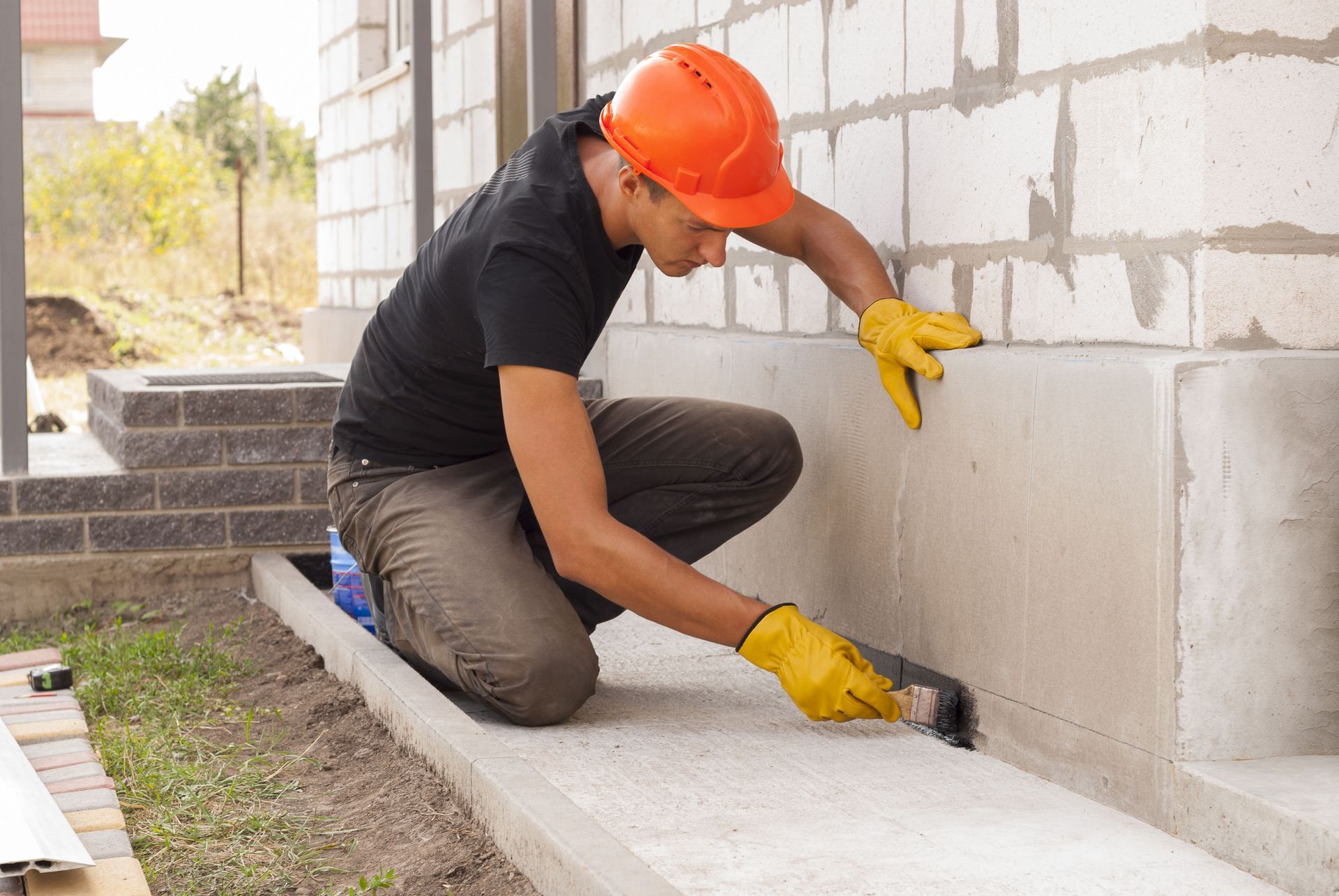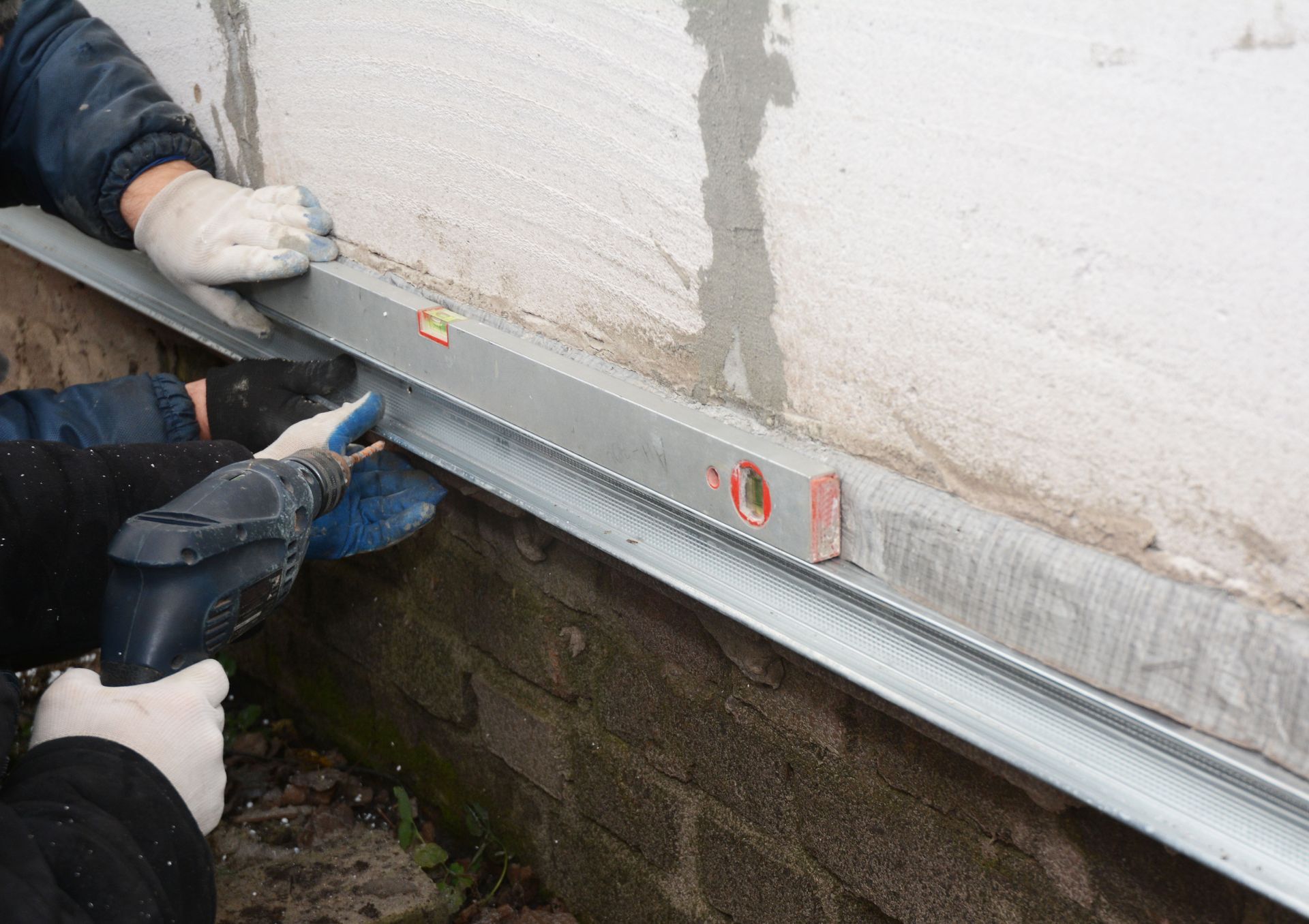What Do Home Foundation Cracks Mean?
Homeowners often dread seeing cracks in their home's foundation, as they can signal a variety of underlying problems. While some cracks are harmless and merely cosmetic, others can indicate significant structural issues. Understanding what different types of foundation cracks mean is essential to maintaining your home's integrity, value, and safety. In this blog post, we will explore the potential implications of foundation cracks, the importance of addressing them, and how to determine when professional intervention and foundation repair are required.
Understanding What Different Foundation Cracks Mean
Foundation cracks vary in size, direction, and severity, each telling a different story about your home's health. Hairline cracks are usually the result of concrete shrinkage during curing, and generally, they do not pose a structural risk. However, when cracks deepen or widen, they might indicate more serious issues, such as settling, water damage, or even structural failure. According to This Old House, cracks deeper than 3/16ths of an inch typically need repair, as they can allow moisture intrusion and further compromise the integrity of your home's foundation.
Recognizing the Role of Moisture in Foundation Damage
Moisture is often the main culprit behind foundation cracks, especially in areas with poor drainage or expansive soils. Water can erode or expand the soil, causing the foundation to shift and crack over time. Vertical cracks are usually less concerning, as they often result from concrete shrinkage. However, horizontal or diagonal cracks are more alarming as they may signal lateral pressure on the foundation walls from water or soil.
Knowing When to Seek Professional Foundation Assessment
The presence of large, progressive cracks should prompt immediate investigation and intervention. Delaying repair on significant foundation cracks can lead to escalating costs and potential safety hazards. It's essential to distinguish between cosmetic and structural cracks; if in doubt, consult a professional contractor or a structural engineer. Usually, professional assessment includes not only the foundation but also examining other potential problem areas, such as windows, doors, and basement walls, for signs of shifting or settling.
Not all foundation cracks warrant panic, but understanding the severity and underlying causes is crucial in determining the appropriate action. Routine inspections and timely foundation repair can prevent minor issues from becoming detrimental to your home's structural integrity. If you notice any suspicious cracks, contact Ace House Leveling & Repair for professional service to protect your home from further damage.





Share On: